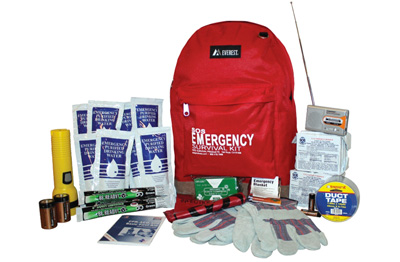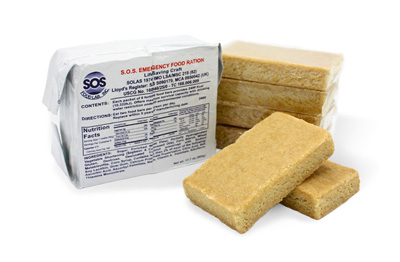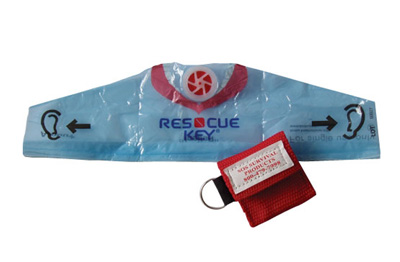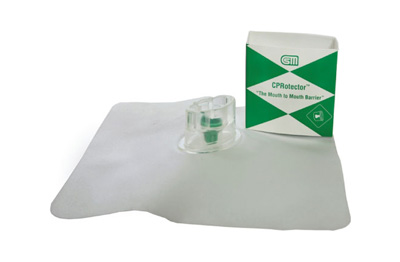
Red Cross MonthWednesday, March 6, 2019 March is Red Cross month. It’s a time to remember heroes and disaster survivors, and to generate awareness for just how easy it is to make a difference in your community. The Red Cross functions globally with a mission to provide free emergency assistance without discrimination, whether during natural or man-made disasters, in times of war or in areas affected by chronic poverty. The organization was founded more than 130 years ago and has offered training and certifications to the average citizen since the early 1900s. You might associate Red Cross with nurses, and that’s because nurses have been at the root of the Red Cross since before the turn of the century, and continue to make up a large portion of the volunteer force. On average, about 15,000 nurses are involved with the American Red Cross to provide disaster relief services and develop teaching courses for volunteers and citizens. But you don't need to be a nurse to find your volunteer position with the Red Cross. The Red Cross offers a broad range of services and accepts volunteers with many different skill sets. Volunteering at the Red CrossSpending your time volunteering for any organization, local or worldwide, is a commendable and worthwhile endeavor. With the Red Cross, your time commitment will help families and individuals of all ages find care and comfort during difficult times and emergency situations. Donating time goes a long way, so don't let the amount you're capable of giving deter you. Consider if just a small percentage of the population gave one hour of their time each month: Millions of man hours could be used toward setting better volunteer efforts into motion. DonatingWe don't all have the extra time to make volunteering a part of our lives. If time is short, offering a donation to your favorite charitable organization goes a long way. Contributions to the American Red Cross are tax-deductible, as are any donations made to registered 501(c) non-profit organizations. How and how much you donate is up to you. The Red Cross encourages donating online, by mail, by phone or via text. Recurring monthly donations are how organizations like the Red Cross survive. The Red Cross is not a government agency. It depends entirely on volunteers and donations. Unlike some other charitable organizations, the Red Cross can pride themselves on using $.91 of every donated dollar toward humanitarian services, not toward things like administrative fees and salaries. They Want Your BloodThe Red Cross offers a wide range of services but is probably best known for its blood donations. And that's with good reason: Its blood drive program has been an integral part of the Red Cross since the Second World War, and today the Red Cross still distributes more than a third of lifesaving blood products in the United States. Giving blood is quick and easy, and there are only a few restrictions to doing so. Because blood transfusions can pass on certain kinds of illnesses, it's important that the donor doesn't have any acute infections or blood-transmissible diseases. This includes a bloodborne illness that likely did not affect you, but may live in you undetected: mad cow disease. If you lived in certain parts of Europe in the 1980s or 90s, check out this eligibility criteria document for more information on whether or not you can donate. Take a Class
One of the best ways to empower yourself and others is through knowledge. Having life-saving skills in an emergency situation makes you a valuable asset both to your friends and family as well as your community.
|


 The Red Cross offers a range of comprehensive training courses. Prepare yourself for a minor event as well as major natural or man-made catastrophes including earthquakes, fires, floods and active shooters with our local classes year-round.
Emergency preparedness works best when everyone’s on board. Organizations like the Red Cross can mobilize a wide range of rescue efforts during a disaster, and by contributing to the cause you’re part of a solution.
Taking just a few hours this month to volunteer in your community adds up. Your time and money will benefit your local and global community.
The Red Cross offers a range of comprehensive training courses. Prepare yourself for a minor event as well as major natural or man-made catastrophes including earthquakes, fires, floods and active shooters with our local classes year-round.
Emergency preparedness works best when everyone’s on board. Organizations like the Red Cross can mobilize a wide range of rescue efforts during a disaster, and by contributing to the cause you’re part of a solution.
Taking just a few hours this month to volunteer in your community adds up. Your time and money will benefit your local and global community.







